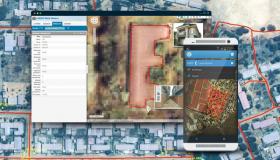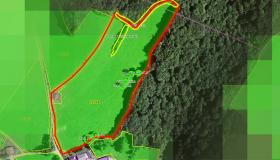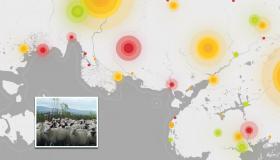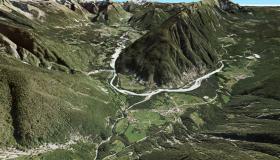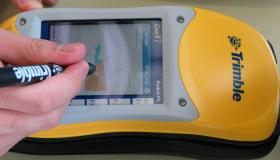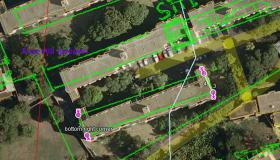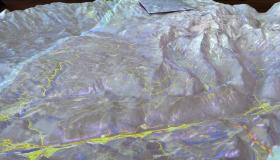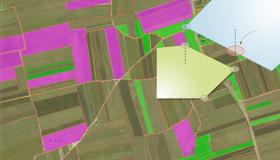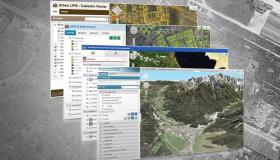Launch of DIONE
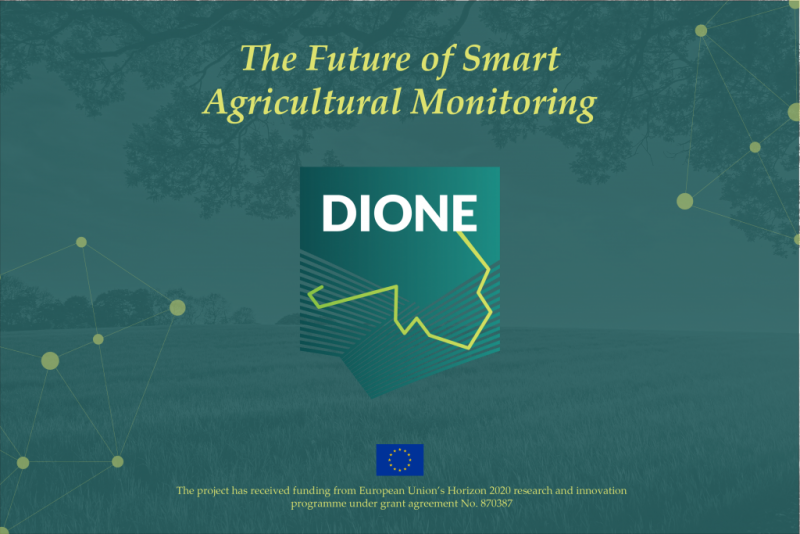
The EU-funded DIONE project has officially started with the kick-off meeting in Athens, Greece on January 27-28. DIONE will offer a unique fusion of innovative technologies that will improve the workflow of agricultural monitoring. It aims to develop a direct payment controlling toolbox for paying agencies to follow the modernized Common Agricultural Policy (CAP) regulations.
About DIONE
The toolbox will include novel techniques to improve the capabilities of satellite technology. An Artificial Intelligence (AI) enabled tool will be developed to correlate data from various sources in order to provide feedback to professionals from the green paying agencies about land condition and land use. This way the compliance with subsidy rules and regulations will be automatically assessed without the need of on-site inspection.
At the same time a system developed on a regional or national scale will evaluate the monitored parameters to form evidence-based conclusions regarding eventual environmental impacts on an entire region.

At the kick-off meeting held in Athens on January 27-28 our team members have presented our activities within the project!
The integrated EO-based DIONE’ toolbox will deliver clear economic value to key targeted customers, estimating to lower administrative and operational costs to 30% of the current ones related to CAP area-based compliance checks and assessment of respective environmental impacts.
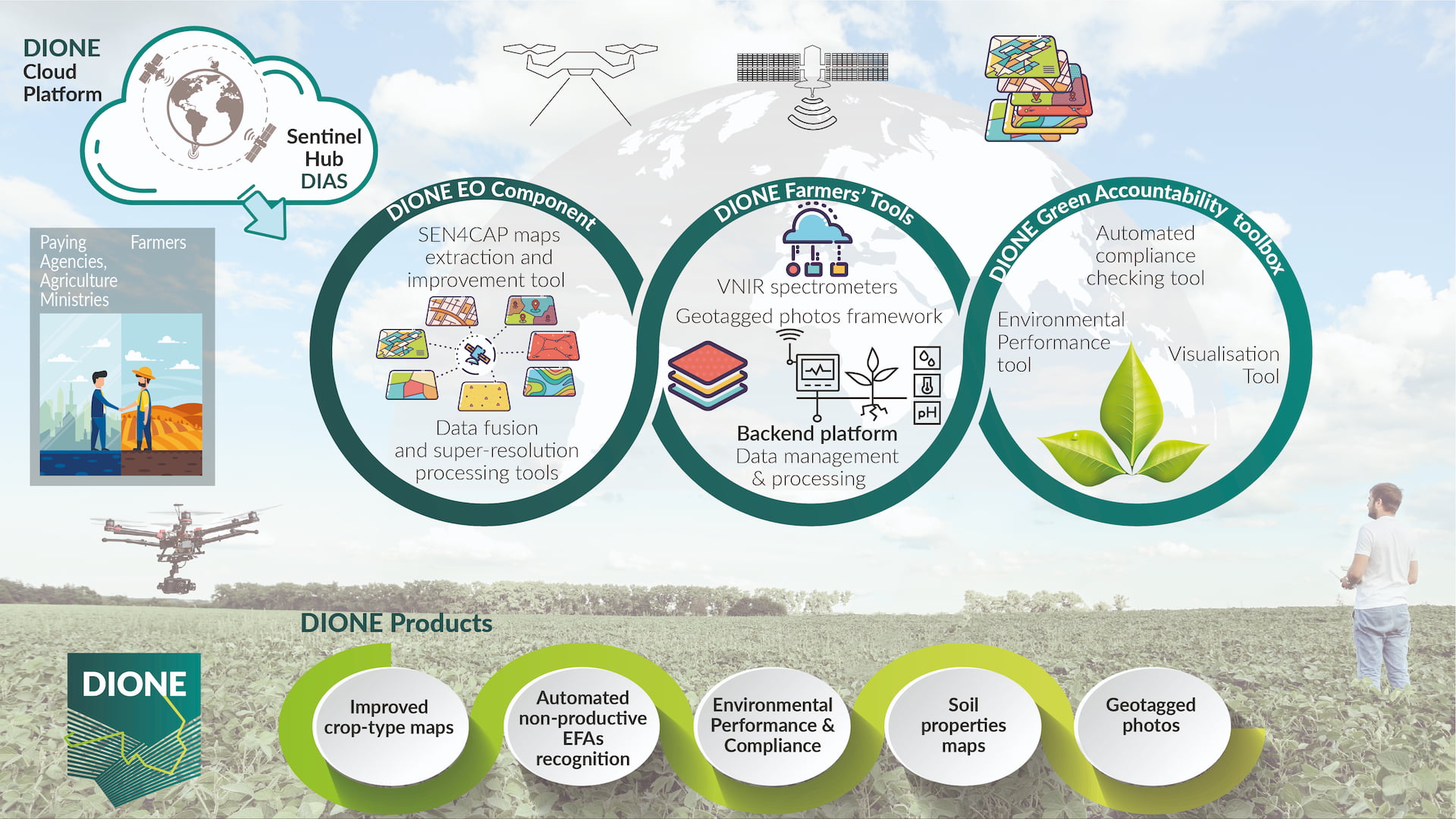
DIONE at a glance
The Consortium
The project is coordinated by the Institute of Communication and Computer Systems (Greece) and it involves seven other partners from five European countries: Diabalkaniko Kentro Periballontos (Greece), Sinergise Ltd. (Slovenia), Core Innovation and Technology OE (Greece), National Paying Agency (Lithuania), InoSens d.o.o. (Serbia), GILab d.o.o. (Serbia) and Cyprus Agricultural Payments Organisation (Cyprus). It will run for 30 months, from January 2020 until June 2022.
For more information visit the project’s official page.
 Project has received funding from European Union's Horizon 2020 Research and Innovation Programme under the Grant Agreement No. 870378.
Project has received funding from European Union's Horizon 2020 Research and Innovation Programme under the Grant Agreement No. 870378.

